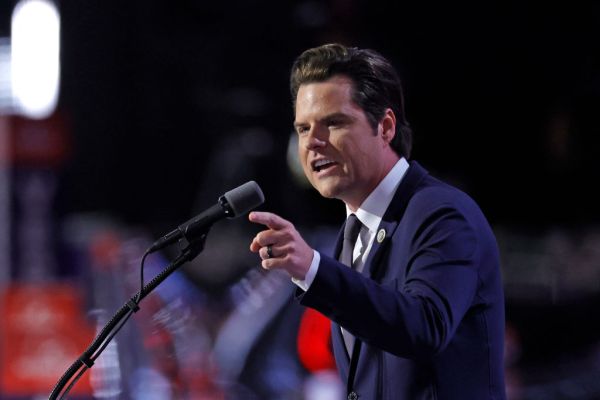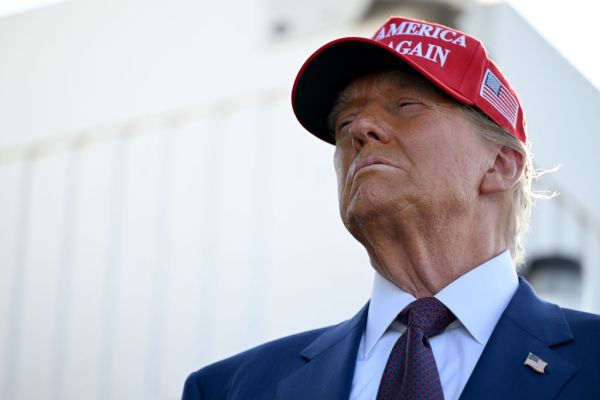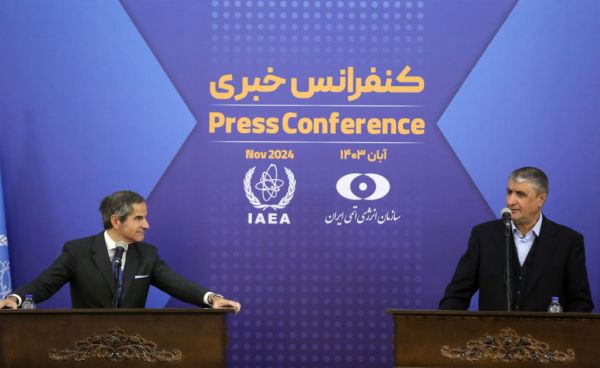Whether Russian forces invade Ukraine or not, the crisis has already provided a stark reminder of the large hole America’s military finds itself in as strategists debate between focusing military resources in Europe or Asia. American policymakers once understood that the key to global stability and, in turn, general peace and prosperity, was having sufficient forces to deter adventurist powers on both ends of the Eurasian continent. At any given moment Asia or Europe might be a priority, but at no moment was either theater a peripheral interest to the United States.
Since the end of the Cold War, U.S. defense budgets have consistently failed to re-capitalize the American military sufficiently to meet our security commitments. This is not a partisan phenomenon. The cuts began with the George H. W. Bush administration and continued under Bill Clinton. After 9/11, the defense budget did grow, but that vast increase went to fighting the wars and not to replenishing stocks of aging planes, ships, and America’s strategic arsenal. During Barack Obama’s presidency, domestic spending became the priority: The stimulus package of $800 billion intended to help pull the country out of the Great Recession was largely “paid for” with cuts in defense spending. Matters were made even worse for the Pentagon when a Republican-led Congress agreed to the Budget Control Act of 2011, which forced spending cuts if Congress couldn’t agree on a budget and all but guaranteed automatic slices to the military’s topline.
By January 2012, the Obama administration was forced to publicly admit that the U.S. military had the capacity to handle only one major conventional conflict at a time. We were assured that this was okay, since there was now peace in Europe and military disengagement from the Middle East was well on its way. The former is obviously no longer the case and, if history is any guide (as the Obama team soon discovered with ISIS), the latter has been as much a hope as a reality. Over the past decade, the unprecedented expansion of Chinese military capabilities and Russia’s own modernization of its forces have only deepened the strategic ditch we now find ourselves in.
But wait, what about that big plus-up in defense budgets during the Trump years? Hadn’t Trump’s administration, as he claimed, “almost totally rebuilt” the “depleted military” he had inherited from President Obama? It’s true that there was a $90 billion increase in the Pentagon budget for 2018 and 2019. However, since then—the last two years of Trump’s tenure and the first year of Biden’s—the budget has remained essentially flat and, with inflation, has actually declined. Indeed, the current budget is, with inflation factored in, no larger than the 2012 defense budget that drove the Obama team to redefine our strategic footprint that January. And no less important, the overall size of U.S. forces is not appreciably different—except for the Army, which is smaller.
Even today, with a possibility of war in Europe moments away and China regularly threatening Taiwan with jets, bombers, and naval vessels, Congress has been passing only short-term continuing resolutions that prevent new defense initiatives from starting and keeps in place a defense topline that, with inflation, is a real cut in spending. The Biden administration ought to be screaming at the top of its lungs about the damage this is doing to its defense plans, but so far, it’s been crickets coming from the White House.
It’s true that new, more advanced weapons and platforms are being added to U.S. forces—but not at a rate or in numbers sufficient to be a clear deterrent to Chinese adventurism. Moreover, to “pay” for these improvements, the military services have been forced to rid themselves of legacy platforms, putting even greater stress on the existing force. Quality of weapon systems matters, but so do numbers.
It would be convenient if Washington could just write off one theater to focus our attention on the other. However, that would ignore current realities. Although Moscow and Beijing may not be true allies, they share an interest in seeing the American-led order compromised or overturned. Nor do they have to synchronize their plans to take advantage in their own spheres of whatever crisis is occurring on the other side of the continent.
In the wake of the Ukraine crisis, the Biden team could simply hope to return to some status quo with the expectation that it can once again focus on its domestic agenda. Or, instead, President Biden could see the current crisis as his Truman moment. Starting in 1947, and despite his desire in the wake of World War II to focus on enacting a progressive agenda, Harry Truman began to make the case for reversing America’s strategic slide to deal with the threat posed by Communist expansion on both ends of the Eurasian continent.
Biden has talked about wanting an agenda to match FDR’s, making his mark in history. But that is not going to happen given the current and likely future composition of the Congress. There is, however, a chance for Biden to make that mark by building on the consensus within the ranks of both Republicans and Democrats that Putin and Xi must be deterred and their revanchist efforts met.
None of that is possible without a real increase in American “hard power.” Like Truman, Biden is not the most dynamic chief executive. However, like Truman, Biden’s experience in Congress can be brought to bear to turn the current crisis over Ukraine to the country’s longer-term advantage and security. It’s an opportunity for statesmanship that Biden shouldn’t let pass. The moment is now.
Gary Schmitt is a resident scholar in strategic studies and American institutions at the American Enterprise Institute.








Please note that we at The Dispatch hold ourselves, our work, and our commenters to a higher standard than other places on the internet. We welcome comments that foster genuine debate or discussion—including comments critical of us or our work—but responses that include ad hominem attacks on fellow Dispatch members or are intended to stoke fear and anger may be moderated.
You are currently using a limited time guest pass and do not have access to commenting. Consider subscribing to join the conversation.
With your membership, you only have the ability to comment on The Morning Dispatch articles. Consider upgrading to join the conversation everywhere.